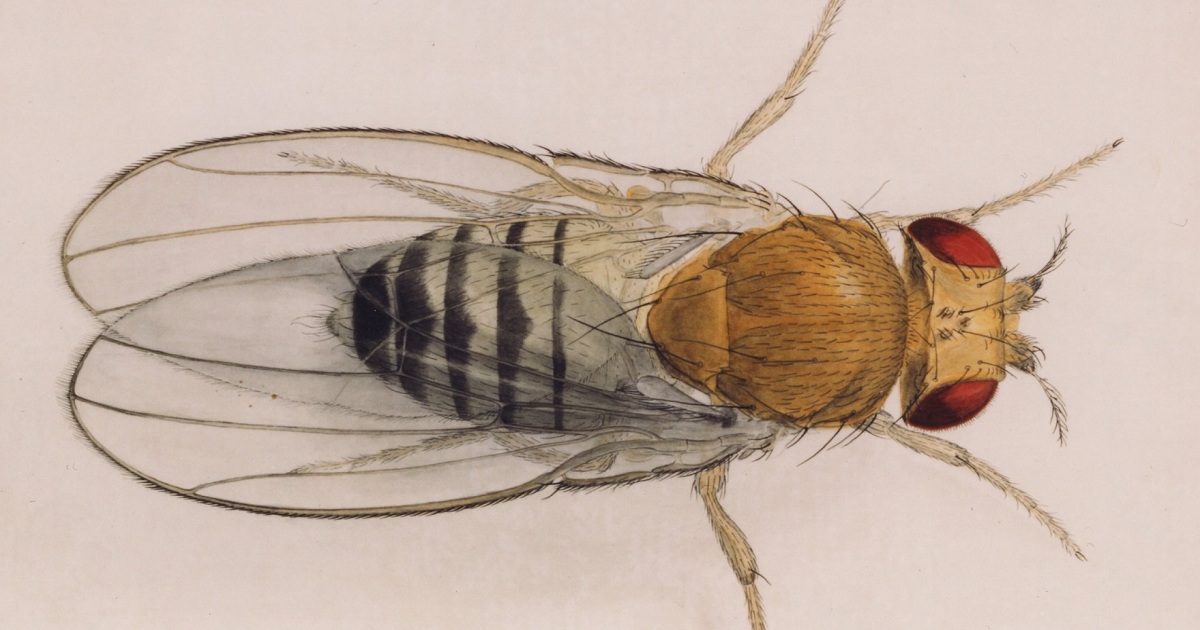Intestines modify their cellular structure in response to diet
Phys.org | September 20, 2018

Body organs such as the intestine and ovaries undergo structural changes in response to dietary nutrients that can have lasting impacts on metabolism, as well as cancer susceptibility, according to Carnegie's Rebecca Obniski, Matthew Sieber, and Allan Spradling.
Their work, published by Developmental Cell, used fruit flies, which are currently the most-sensitive experimental system for such detecting diet-induced cellular changes that are likely to be similar in mammals.
There are three major types of cells in fruit fly (and mammalian) intestines: Stem cells, hormone-producing cells, and nutrient-handling cells. Think of the stem cells as blanks, which are eventually programmed to become either hormone-producing or nutrient-handling cells. The authors discovered that this programming can be influenced by dietary nutrients and that young animals are particularly sensitive to these changes.